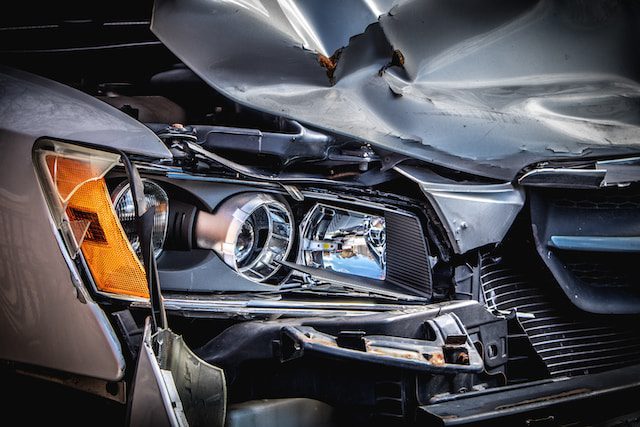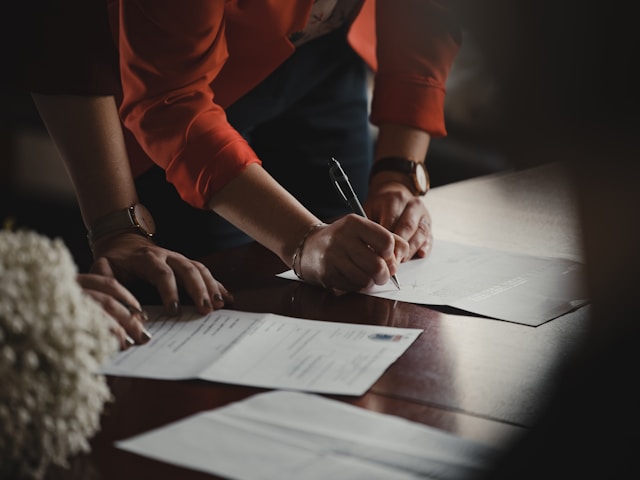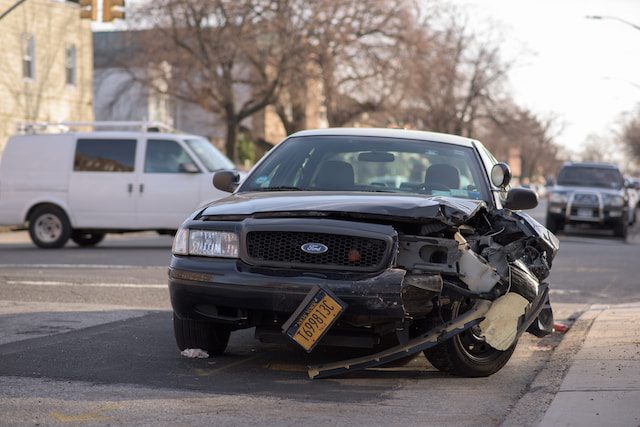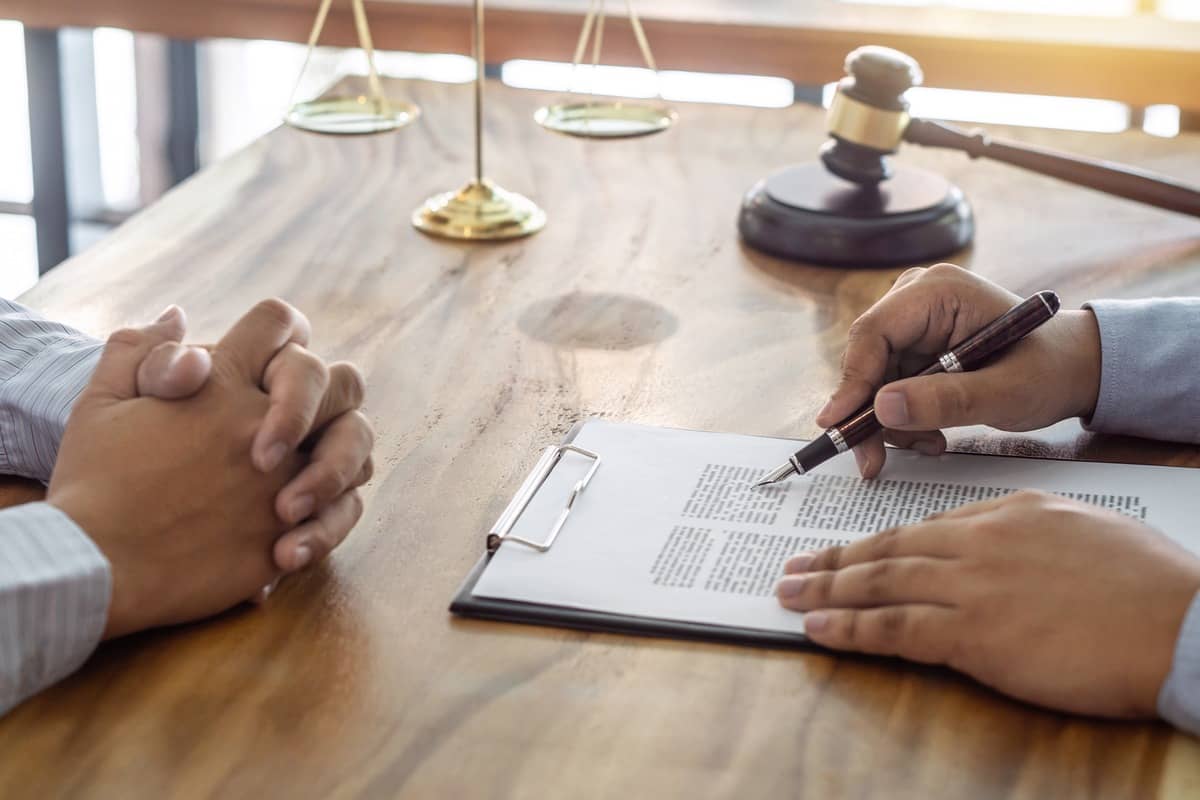
Getting in a car accident can be terrifying. Aside from the initial impact and the shock of the crash, you’ll likely have loads of questions swimming through your head after the fact, like what if the insurance company denies liability, when do you need a lawyer, and how will you handle a situation where you can’t work due to an injury?
The important thing to remember in these situations is not to panic – there is always an answer to every question you might have, and while there’s a lot to take in, there are people to help you through the process.
Here is everything you need to think about (calmly) after getting in a car accident.
Immediate Steps to Take
Right after the accident, you’ll want to make sure you stay at the scene for a while. Make sure that you and all other parties involved are safe and okay, move to a safe location, and turn on the hazards on your car to warn other drivers on the road.
Next, you’ll also want to call emergency services. If anyone is seriously injured, call an ambulance immediately. Next up on your dial list should be 911 – get the authorities on the scene and provide them with all the necessary information about the incident. However, be careful not to say anything that might be considered as you admitting fault before you’ve spoken to a lawyer.
Gathering Information
While you’re on the scene, you’ll also want to gather as much information as you can and document what happened. Exchange names and contact details with the other parties involved and take photographs of as much as you can – damage to the vehicles, injuries, and other relevant circumstances of the scene like weather and road conditions.
Another important step is to seek out witnesses at the scene, and ask the witnesses questions about what they saw. You’ll need their contact details too and they will be important if there is a legal case that opens up.
Seeking Medical Attention
Even if you feel fine and appear to be uninjured or only minorly so, it’s vital that you seek medical attention immediately after the incident. There is always the possibility of underlying issues, or the fact that adrenaline is masking any pain you might be experiencing.
If you have any injuries, you’ll need a treatment plan and to ask your doctor’s recommendations on how to move forward with healing. You’ll need to consider how to balance rest with maintaining muscle mass so you can heal effectively, and consider mental health treatment as well.
Reporting the Accident
Once you have received a thorough medical check, take care to file a police report as soon as you possibly can. It’s important that this is taken care of in a timely manner, especially if the police were never on the scene of the incident.
It’s also important that you obtain a copy of the report for your own records, as you’ll need to provide this to your insurance company as well as to your attorney if you need to get in touch with a legal professional.
Dealing with Insurance Claims
When it comes to insurance, it’s important that you have a clear understanding of the claims process, so it’s a good idea to ask as many questions as you need to upfront when notifying your insurance company of the incident. Once again, be cautious with what you say to avoid admitting fault without getting legal advice first.
Provide your insurance company with any documentation and evidence they request from you, and stick to the facts as far as possible. When speaking to insurance, the police, and other organisations like these, it’s best to try to keep your emotions out of it as far as possible, even when that feels tough.
Emotional Impact
That being said, a car accident can be seriously traumatic, and can even lead to PTSD in severe cases. This means that it’s crucial that you’re able to process the event and talk about your feelings in a healthy way.
As soon as you feel ready, reach out to friends and family for support in how you’re feeling. Share any fears or other emotions that you might be struggling with, and find healthy ways to cope and process them and move past them. You might want to try journaling, or even reaching out to a therapist if you feel like you need professional help with coping with what happened.



